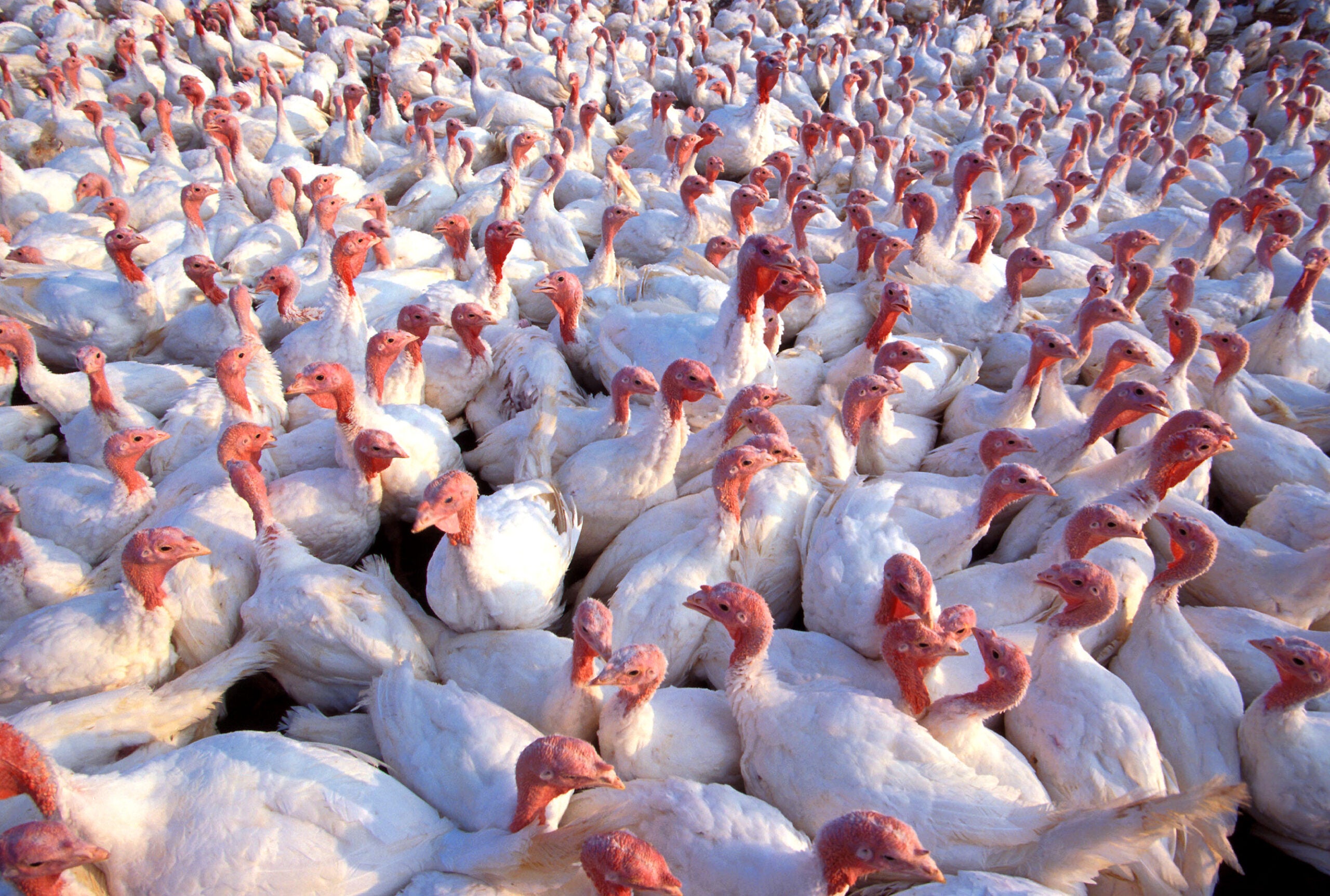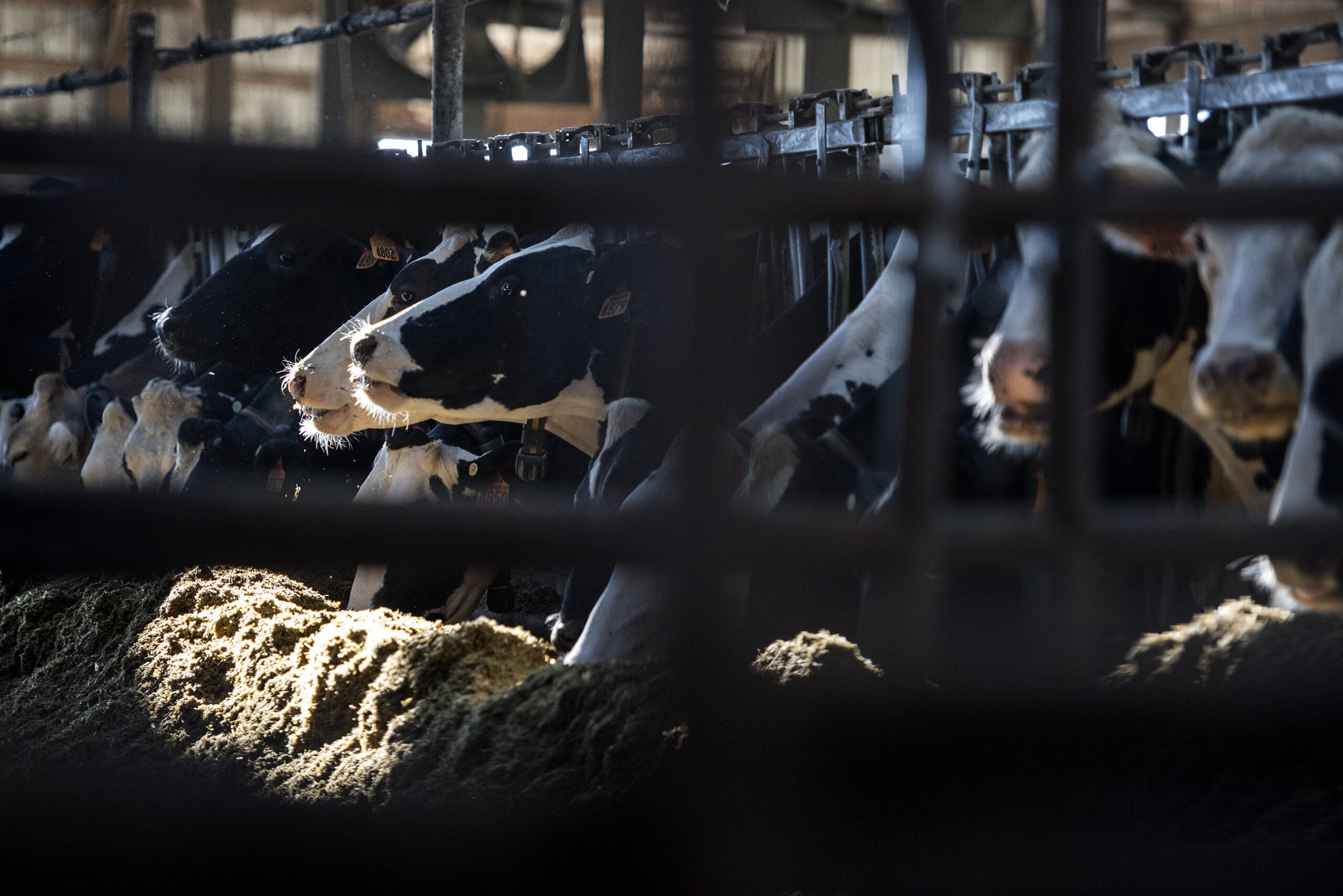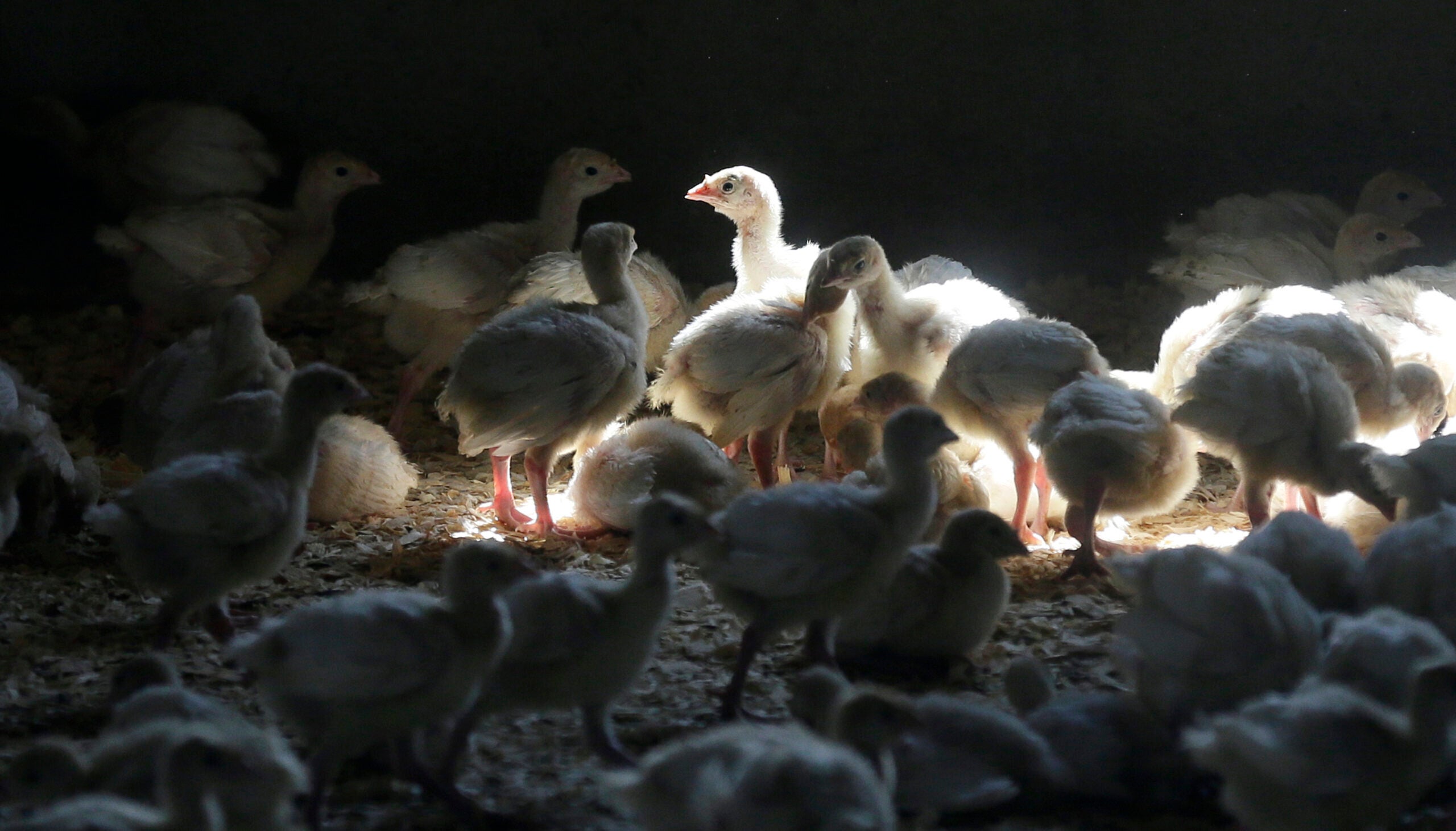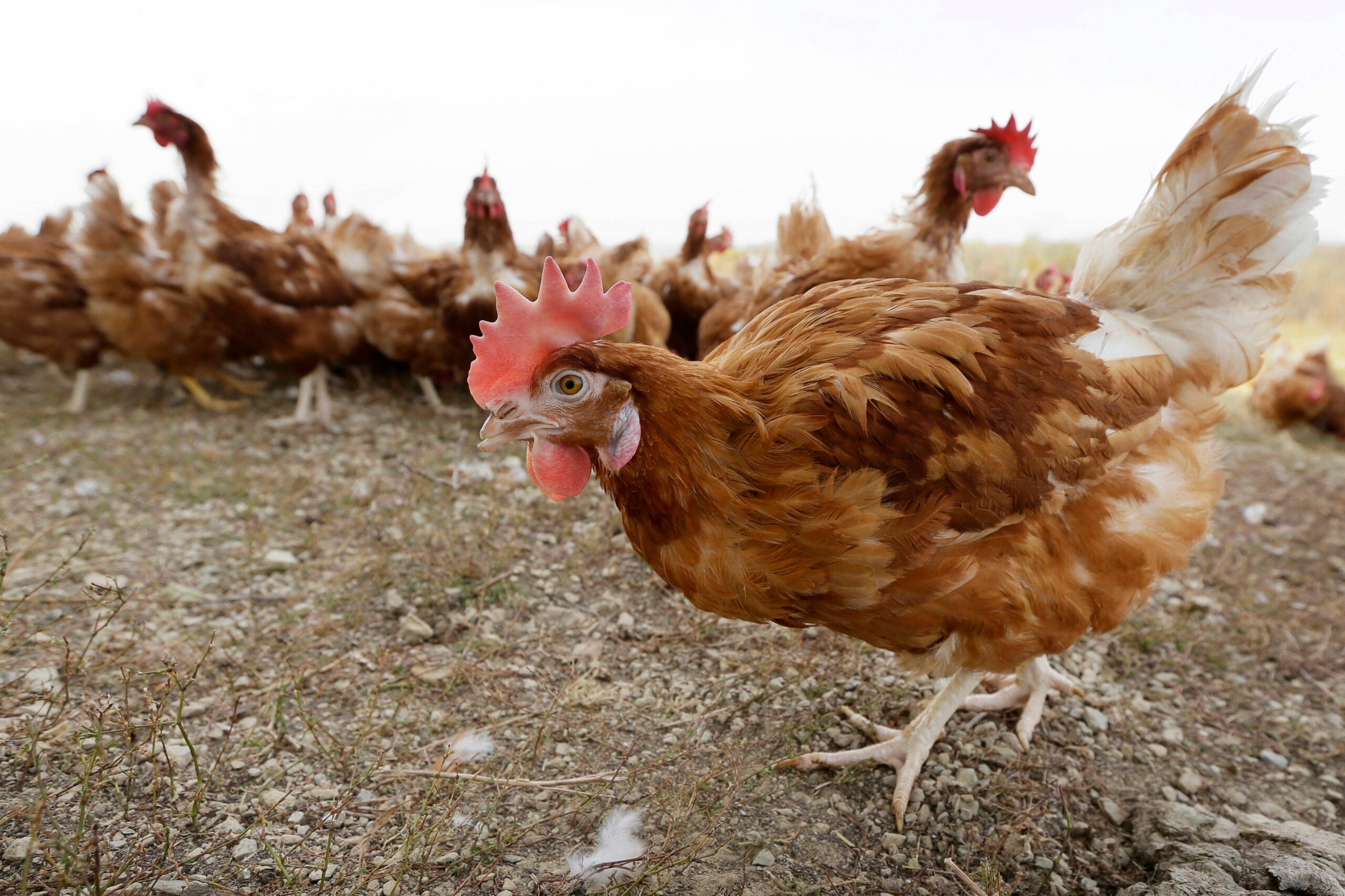Avian Flu Outbreak In The Upper Midwest
Poultry experts say the industry will survive the projected three to five year impact of avian influenza that’s reached historic proportions in the United States.
Millions of turkeys and chickens have been euthanized in Iowa, Minnesota and Wisconsin alone since March. The outbreak has affected bird flocks in other Midwestern, western and southern states since late last year, although not to the extent the three upper Midwestern states have been affected.
This strain of avian influenza (H5N2) is thought to be spread by migrating birds, which are carriers and don’t get sick. While bird flocks that have caught the flu have been euthanized, the avian influenza doesn’t affect humans or animals that aren’t poultry.
Millions of turkeys have caught the virus in Minnesota and Wisconsin. Southeastern Minnesota has 10 percent of the state’s turkey operations, and so far flocks in southeastern Minnesota haven’t been affected. More chickens than turkeys have been killed in Wisconsin, and the virus has only been detected in the Eau Claire and Madison areas, with the closest flock to La Crosse infected in Juneau County. There are many chicken farms in Trempealeau County, with no reports of detection.
The avian influenza is expected to run its course soon and not be an issue this summer. Once the temperature reaches over 65°F for at least a week, the threat of the avian flu is expected to disappear. But there is concern it could return during the fall migration, and be an issue for the next three to five years for poultry farmers, but experts in both Wisconsin and Minnesota say the poultry industry should be able to weather the threat in coming years.
“Certainly, individual producers are going to struggle with that, we’ll make it through, but there may be some lean years,” said UW-Extension poultry specialist Ron Keane.
Minnesota Turkey Growers Association Executive Director Steve Olson says he hopes Minnesota won’t lose any turkey farmers as a result of the avian influenza outbreak.
“I think the key to surviving is going to be research,” Olson said. “In general, we need more research in agriculture. The research that we’re doing today will help solve problems 20 years from now. That’s an investment in the security of our food supply. This virus, we need to better understand it and figure out how to understand it, as it may change in the next couple of years.
Keane says farmers can help prevent the spread of the virus to other flocks by following very routine sanitation measures, like washing boots, clothes and equipment and not sharing tools.
Episode Credits
- Maureen McCollum Host
- John Davis Producer
- Mary Meehan-Strub Interviewer
- Steve Olson Guest
- Ron Kean Guest
Wisconsin Public Radio, © Copyright 2026, Board of Regents of the University of Wisconsin System and Wisconsin Educational Communications Board.




